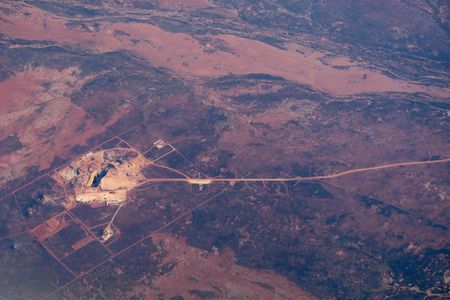MELBOURNE (Reuters) – Australia’s revenue potential from developing a battery industry has doubled to A$16.9 billion ($11.28 billion) by 2030 in less than two years, highlighting the speed of the sector’s expansion and the need to act quickly, an Accenture report showed on Wednesday.
Australia’s battery industry is poised to become a global leader given the country’s mineral wealth, but the federal government needs to offer substantial industry incentives to shore up the sector given emerging global competition, according to the Charging Ahead report.
Global battery demand is forecast to expand 34% a year to 2030, quicker than annual growth of 24% seen just 18 months ago, given rapid uptake of electric vehicles, stationary storage and a global acceleration in the energy transition, the report added.
Batteries could create local 61,400 jobs by 2030, said the report backed by government and battery industry research group Future Battery Industries, which will be launched by Industry and Science Minister Ed Husic in Canberra on Wednesday.
Australia is cost competitive but will need to press its advantages of mineral diversity, reliability, security and its environment, social and governance (ESG) credentials to capture the opportunity across the value chain, the report said.
Australia accounts for nearly half of the world’s lithium supply, is the world’s second biggest cobalt exporter and is a major supplier of rare earths.
It is developing a critical minerals processing industry to make precursor chemicals for batteries but may stop short of mass producing cells or batteries themselves, according to analysts.
The report said Australia should reposition its export focus for batteries and battery material supply to countries seeking to diversify supply chains in a battery industry currently dominated by China.
Australia should also pursue partnerships with geopolitical allies in order to capitalise on the opportunities at hand, the report added.
($1 = 1.4984 Australian dollars)
(Reporting by Melanie Burton; Editing by Jamie Freed)

